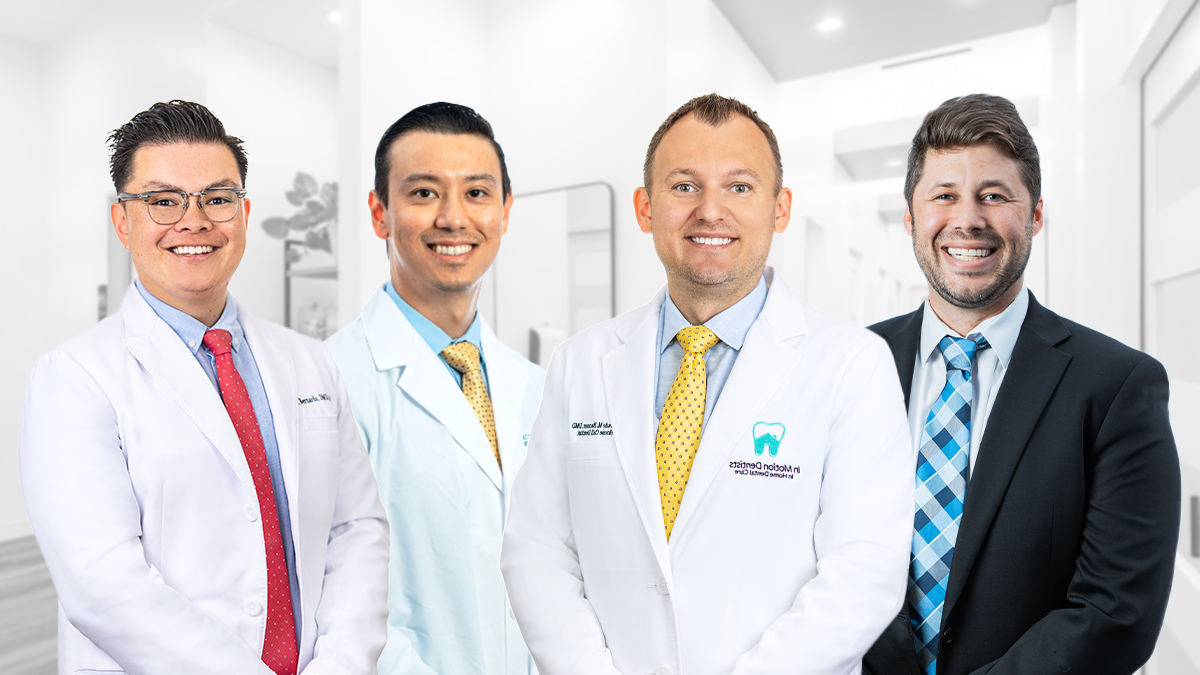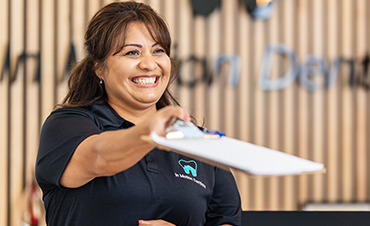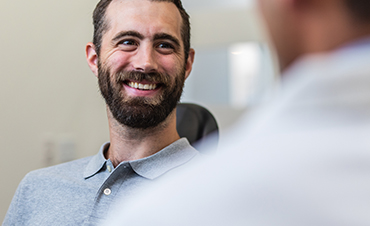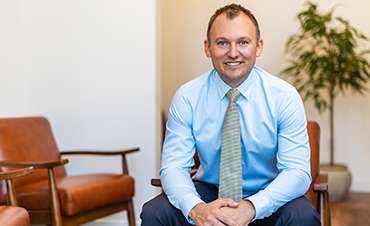
September 4, 2018
According to the 2010 Census Bureau, 19 million Americans have some sort of disability, and 5 million of non institutionalized adults reported needing assistance with something like regular dental hygiene. Because of Los Angeles County’s large and diverse population, many children and adults with special needs live right here in Southern California. Whether you’re a caregiving organization, a personal caregiver yourself, or have a loved one with a special need, we know you want them to have the proper, routine dental care they need to keep their mouth healthy and prevent infections, tooth decay, or cavities that might be more difficult to resolve given their medical diagnosis. But how do you provide special needs dental care? Here are some tips from Dr. Banner himself on how to provide proper dental hygiene to someone with special needs.
- The best way to provide regular special needs dental care is to set the mood properly. If possible given your patient’s sensitivities, choose a well-lit area so you can more easily see as you gently assist your patient.
- Sometimes when it comes to providing special needs dental care, patients can be uncooperative or uncontrollable. This is why communication is so key. Make sure to explain what you are going to do before you brush or floss your patient’s teeth. Schedule brushings at a regular time, so it is part of your patient or loved one’s routine care, and even schedule it at times the patient is well rested, such as after evening sleep or an afternoon nap so they may be more receptive to treatment.
- Always move at a gentle and slow pace, and avoid quick movements. Your flow should be slow and reassuring in order to prevent startling the person you’re assisting.
- If your patient or loved one can hear, give verbal praise, or if they are able to sign, sign words of encouragement throughout your brushing and flossing. And always positively reinforce any independent attempts to provide self-care.
- Always support your loved one’s head, and take extra special care to avoid any gagging or choking when the head is tilted back. Not only can gagging and choking be dangerous, but they can also scare the person you’re trying to assist.
- If the person you’re assisting is unable or unwilling to keep his or her mouth open long enough, you can make a mouth prop by taping several tongue depressors together. Always consult with Los Angeles county’s Dr. Banner first on how to make and insert a mouth prop to ensure your loved one’s safety.
We know that a special relationship is built between people with special needs and their caregivers, whether that caregiver is a family member or a professional. Especially when you’re caring for a child or older adult with special needs, you know the person you’re caring for the best, so use your best judgment when you’re making decisions to perform special needs dental care. And if you suspect the person you’re caring for might have a dental infection or another ailment you can’t treat, call Dr. Banner for personalized, in-home care anywhere in Los Angeles County.
At In Motion Dentists, we specialize in assisting Los Angeles County residents with special needs dental care because we have a passion and a calling to serve them. To schedule an appointment with Dr. Banner, call (626) 594-0374.








